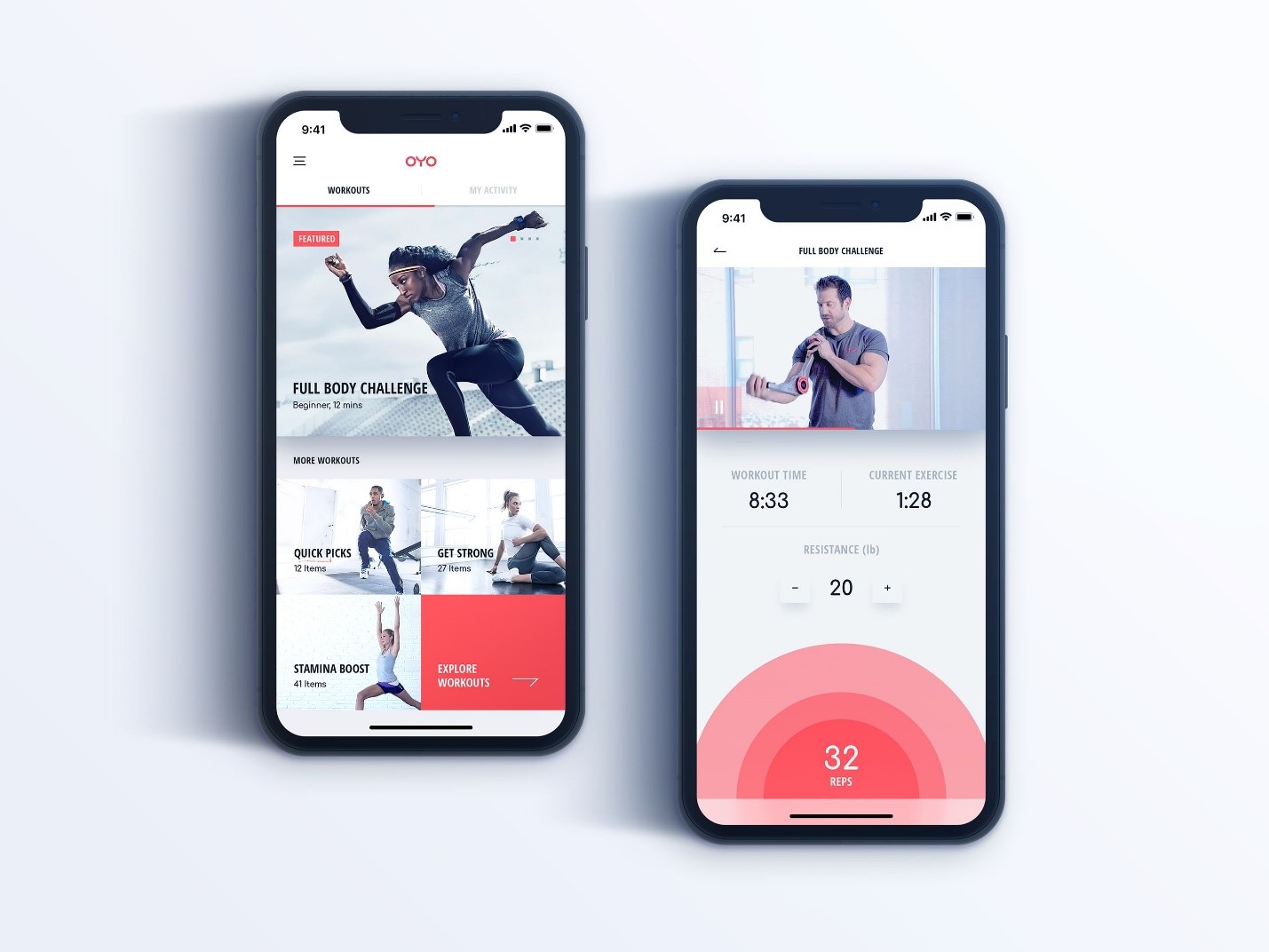In recent years, the rise of technology has revolutionized various aspects of our daily lives, and fitness is no exception. Fitness apps have emerged as a crucial tool for individuals looking to improve their health and well-being. These apps offer a range of features designed to motivate, guide, and track progress, making it easier than ever to maintain an active lifestyle. This article explores how fitness apps are transforming the way we exercise, focusing on their benefits, features, and impact on user behavior.
The Rise of Fitness Apps
Fitness apps have seen a significant surge in popularity over the past decade. According to a report by Statista, the global fitness app market is projected to reach $15.96 billion by 2026, up from $4.4 billion in 2020. This growth can be attributed to several factors, including increased smartphone penetration, greater awareness of health and fitness, and the convenience that these apps offer.
Features of Fitness Apps
Personalized Workout Plans
One of the standout features of fitness apps is their ability to provide personalized workout plans. These plans are often tailored to an individual’s fitness level, goals, and preferences. Whether you’re a beginner looking to start a fitness journey or an experienced athlete aiming to reach new heights, fitness apps can create a customized regimen that suits your needs. This personalization helps users stay motivated and committed to their fitness goals.
Tracking and Analytics
Fitness apps offer robust tracking and analytics features that allow users to monitor their progress over time. These apps can track various metrics, such as steps taken, calories burned, distance covered, and heart rate. Some apps even integrate with wearable devices like smartwatches to provide more accurate data. The ability to visualize progress through graphs and charts can be incredibly motivating, encouraging users to stay consistent with their workouts.
Virtual Coaching and Classes
Many fitness apps offer virtual coaching and classes, making it easier for users to access expert guidance from the comfort of their homes. These virtual sessions can range from live classes led by professional trainers to pre-recorded workouts that users can follow at their own pace. This feature is particularly beneficial for those who may not have access to a gym or prefer working out in a private setting.
Social Features
Social features are another significant aspect of fitness apps. Many apps include community forums, social media integration, and the ability to share achievements with friends and family. These social elements can create a sense of accountability and camaraderie, making the fitness journey more enjoyable and less isolating.
Nutrition and Diet Tracking
In addition to exercise, many fitness apps also offer nutrition and diet tracking features. Users can log their daily food intake, set dietary goals, and receive personalized meal plans. This holistic approach ensures that users are not only focusing on physical activity but also paying attention to their nutritional needs.

Benefits of Using Fitness Apps
Convenience and Accessibility
One of the most significant benefits of fitness apps is their convenience and accessibility. With a smartphone in hand, users can access workout plans, track their progress, and receive guidance anytime, anywhere. This flexibility removes many barriers to exercise, such as time constraints and lack of access to a gym.
Cost-Effective
Fitness apps can be a cost-effective alternative to traditional fitness options like gym memberships and personal trainers. Many apps offer free versions with basic features, while premium versions with additional features are often available at a fraction of the cost of a gym membership. This affordability makes fitness more accessible to a broader audience.
Motivation and Accountability
The various features of fitness apps, such as progress tracking, virtual coaching, and social integration, help keep users motivated and accountable. Regular notifications and reminders can prompt users to stay active, while the ability to set and achieve goals provides a sense of accomplishment.
Customization and Flexibility
Fitness apps offer a high degree of customization and flexibility. Users can choose from a wide range of workout types, such as strength training, cardio, yoga, and more. This variety ensures that users can find activities they enjoy, making it easier to stick to a fitness routine.
Impact on User Behavior
Increased Physical Activity
Studies have shown that fitness apps can lead to increased physical activity. According to research published in the Journal of Medical Internet Research, users of fitness apps tend to be more active and engage in more frequent exercise sessions compared to non-users. The convenience and motivation provided by these apps play a crucial role in promoting regular physical activity.
Improved Health Outcomes
Regular use of fitness apps has been linked to improved health outcomes. Users often report better cardiovascular health, weight loss, and enhanced overall well-being. The combination of exercise tracking, personalized workout plans, and nutrition guidance helps users adopt healthier lifestyles.
Behavioral Changes
Fitness apps can also lead to positive behavioral changes. The habit of tracking physical activity and diet can increase self-awareness and encourage healthier choices. Over time, these small changes can accumulate, leading to significant improvements in health and fitness.
Challenges and Considerations
Data Privacy and Security
While fitness apps offer numerous benefits, they also raise concerns about data privacy and security. Users often provide sensitive information, such as health metrics and location data, which can be vulnerable to breaches. It’s essential for users to choose reputable apps with robust security measures and to be mindful of the data they share.
Over-Reliance on Technology
Another potential drawback is the risk of over-reliance on technology. While fitness apps can be excellent tools for motivation and guidance, it’s important for users to develop intrinsic motivation and not become overly dependent on external prompts. Balancing technology use with self-discipline is key to long-term success.
Quality and Accuracy
Not all fitness apps are created equal, and the quality and accuracy of the information provided can vary. Users should do their research and choose apps that are well-reviewed and backed by credible sources. Inaccurate data or poorly designed workout plans can lead to suboptimal results or even injury.
Conclusion
Fitness apps are undeniably changing the way we exercise, offering a range of features that make it easier to stay active and healthy. From personalized workout plans and progress tracking to virtual coaching and social integration, these apps provide valuable tools for anyone looking to improve their fitness. While there are challenges to consider, the benefits of using fitness apps far outweigh the drawbacks. As technology continues to evolve, we can expect fitness apps to become even more sophisticated, further enhancing our ability to lead healthier lives.









